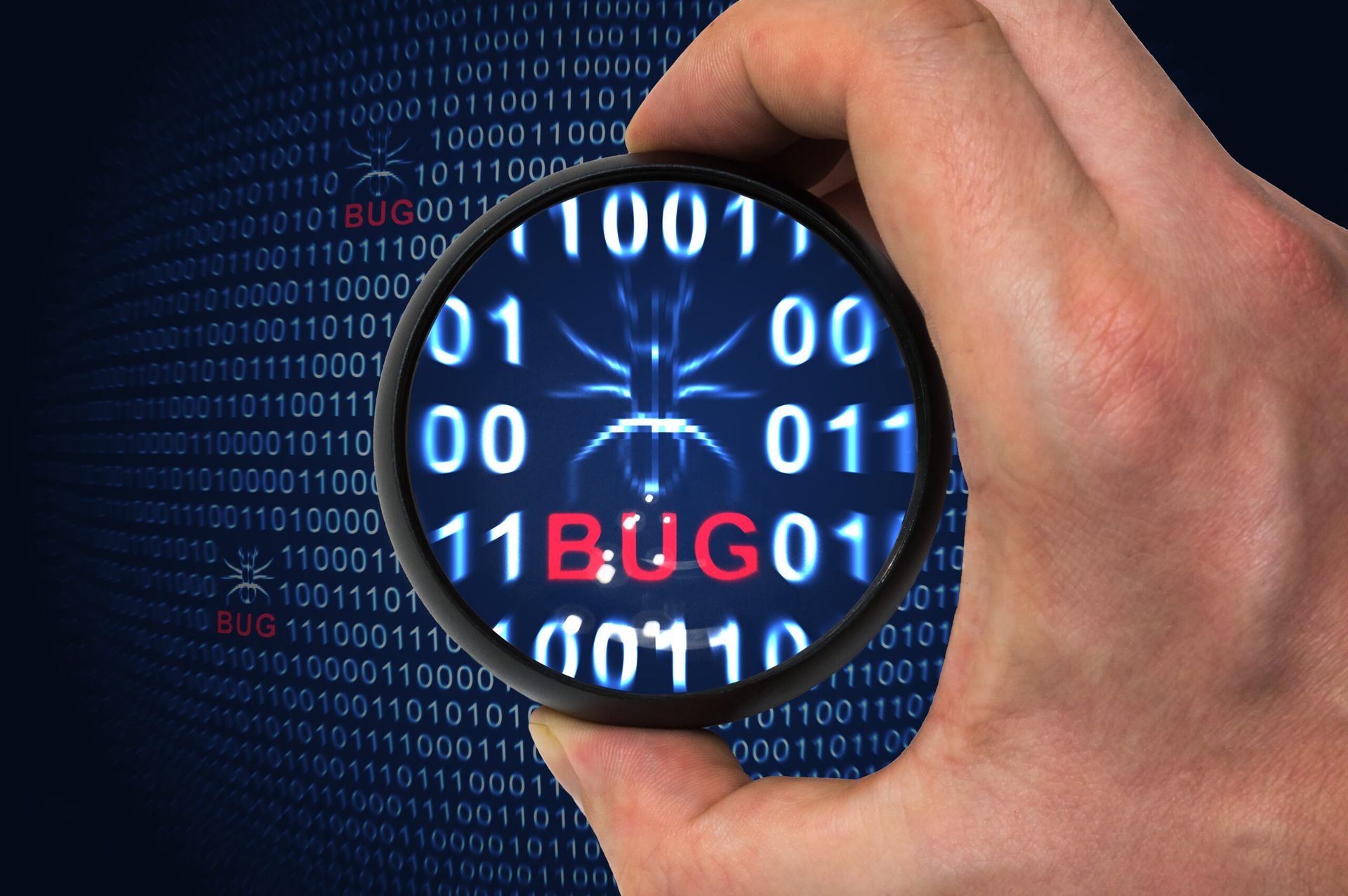Spy agency GCHQ has warned MPs of Russian hackers potentially threatening British Democracy.
The Sunday Times' security sources claim GCHQ now regards protecting the political system from foreign hackers as “priority work”.
The newspapers' security sources say that Kremlin-backed cyber-sleuths are planning to sway the outcome of the next UK election by leaking damaging information which could influence the electorate's opinions on various issues.
In response to the threat Ciaran Martin, chief of the National Cyber Security Centre, said GCHQ would offer tailored seminars to help political parties understand the threats and reduce the risk of information being stolen.
Martin wrote: "You will be aware of the coverage of events in the United States, Germany and elsewhere reminding us of the potential for hostile action against the UK political system.”
He adds: "This is not just about the network security of political parties' own systems. Attacks against our democratic processes go beyond this and can include attacks on parliament, constituency offices, think tanks and pressure groups and individuals' email accounts."
Giving insight into the agency's work, and potentially giving credence to the claims, last month Martin warned that Britain had been targeted with 188 attempted high-level cyber-attacks in the previous three months, "many of which threatened national security".
Chancellor Phillip Hammond claimed that the NCSC had been blocking more than 200 cyber-attacks a day on government departments and the public over the last six months.
Piers Wilson, head of product management at Huntsman Security told SC Media UK: “The NCSC's warnings deserve to be heeded by senior executives: both government and private enterprises must be able to detect and triage increasingly sophisticated and well-funded attacks. There is often no way of predicting where the next attack will come from, and what form it will take.”
In January, several US intelligence agencies opined that Russian President Vladimir Putin ordered the hacking of the Democratic National Committee to influence the US election in favour of Donald Trump, a view backed up by independent security analysts at companies such as Crowdstrike, and SecureWorks.
Foreign secretary Boris Johnson, who has authority over GCHQ, said there was so far no evidence of successful attacks of this type in the UK. Johnson told ITV's Peston On Sunday: "We have no evidence that the Russians are actually involved in trying to undermine our democratic processes at the moment. We don't actually have that evidence.”
The foreign secretary said there was "very little doubt" that the Kremlin was behind the hacking in the US, cyber-attacks on French TV stations and supporting an attempted coup in Montenegro.
Germany is also worried about such hacking; it's domestic intelligence chief warned in December of "increasingly aggressive cyber-espionage" by a hacking group believed to be controlled by Russia. The Scandinavian countries and those in the Baltic have also expressed concern about possible Russian cyber-attacks following developments in Ukraine.
Today's Guardian reports Norway's defence minister, Eriksen Søreide saying of Russia, "....they have shown an ability through cyber to disrupt our politics and economy." The Norwegian intelligence service attributes cyber-attacks on government offices and the Norwegian Labour party to Russian actors, with Russia deacribed as Norway's biggest threat alongside terrorism.



